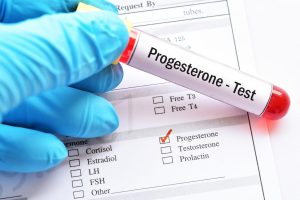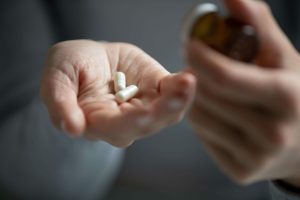What is Inositol?

Inositols (plural) are sugars; their chemical structure would suggest they belong to the vitamin B complex, however, as they can be synthesised or made by the body, they cannot be classed as essential nutrients. The endogenous biosynthesis or making of inositols from glucose primarily occurs in the kidneys. However, the body obtains most of its inositol supply from the diet; foods such as plants, beans and fruits are particularly rich in this beneficial carbohydrate.
Inositols are involved in many normal physiological functions, including cell growth and survival, the development and function of nerve cells, bone remodeling (osteogenesis) and reproduction. As such, the different tissues throughout the body have varying requirements and inositol absorption differs accordingly.
There are nine stereoisomers of inositol and two of these appear to have a role in insulin regulation, myo-inositol (MI) and D-chiro-inositol (DCI). In fact, MI is converted into DCI in a non-reversible reaction and the two isomers usually work in synergy to regulate glucose metabolism.
Read more about how inositols are used to manage conditions such as PCOS.
Photo by Diana Polekhina on Unsplash










